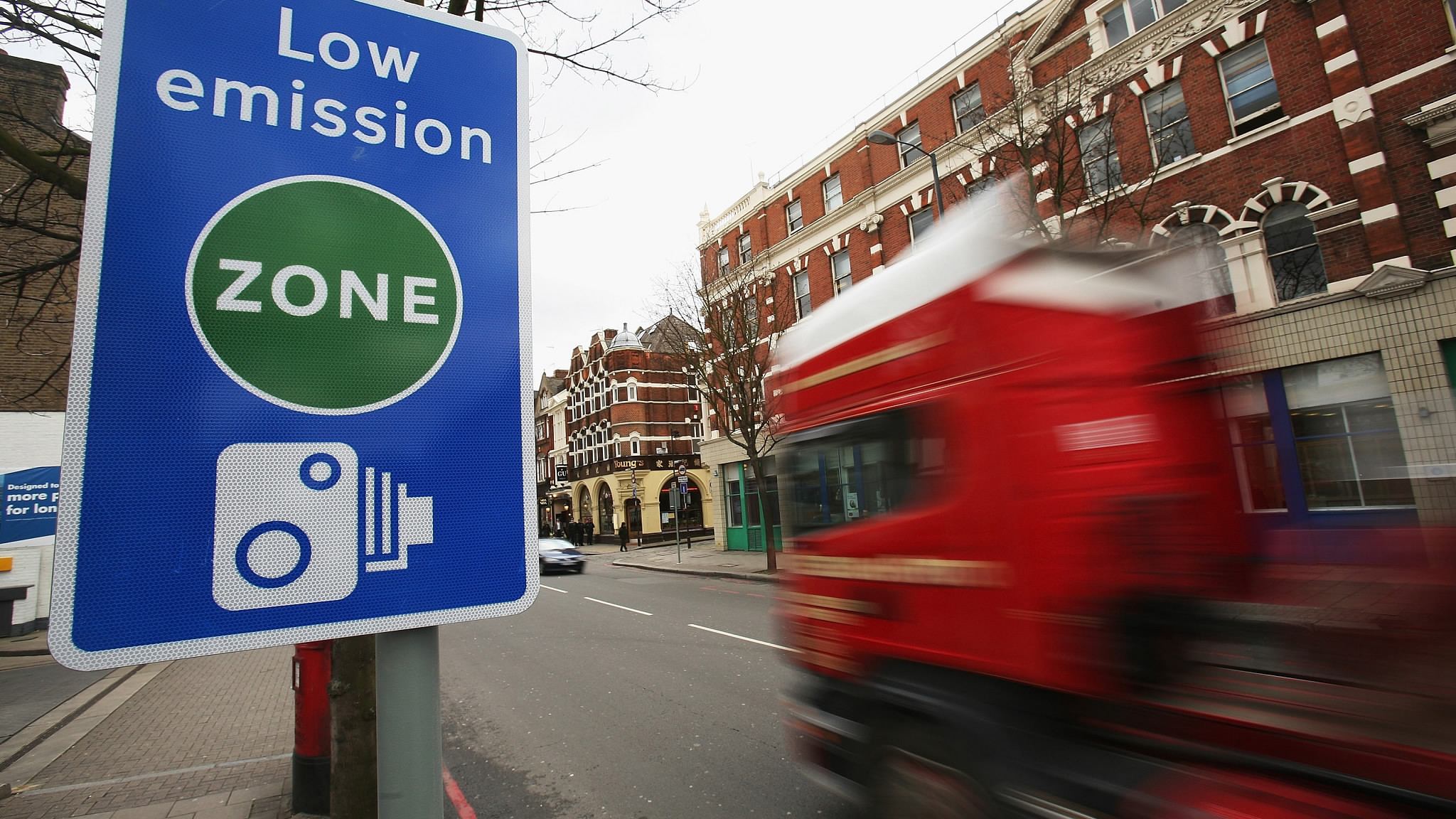
Tech & Sci
15:37, 26-Mar-2018
Environmental experts quit in protest of Scotland gov't inaction
Alok Gupta

A team of environmentalists has decided to quit Cleaner Air for Scotland Governance Group (CAFSGG) to protest the government’s "failing" approach to tackle choking air pollution.
Emilia Hanna and Professor James Curran from Scottish Environment LINK, an organization which worked with environmentalists and the government, expressed displeasure over the latter’s “slow progress and lack of commitment towards ensuring Low Emission Zones (LEZs)."
Hanna and Curran in the resignation letter stated, “We want Scotland’s air quality to be legally compliant as soon as possible, in line with Scotland’s obligations under European law and in line with the continued urgent and pressing need to stop preventable early death and ill-health for exposed populations.”
“It is clear to us that continuing to be represented on the CAFSGG are no longer an effective route for us to pursue that aim,” they said.
Scotland is developing a LEZ in four of its biggest cities between 2018 and 2020. The first one is expected to be ready and running in Glasgow by the end of the year. The government recently announced Edinburgh, Aberdeen, and Dundee would follow Glasgow's environment experiment.
The ministerial group was set up to implement steps to reduce emissions in the four cities. In the first phase, experts recommended tackling vehicular emissions and decided to phase out extremely polluting buses. They also prepared a deadline to phase out other polluting public transport.
Plans were also afoot to efficiently tackle non-compliant polluting vehicles. Such vehicles, according to the committee, would be issued with a notice and required to pay the penalty within a set number of days, with the penalty increasing in amount after a defined period of days.
Despite the strong recommendation in place, the environment group was disheartened with the slow pace of implementation. Environmentalists maintained that Scotland’s first LEZ proposal is far weaker than it could be – in part, because elected representatives lack the evidence they need to be as bold and as ambitious as they would like to be.
"Judging by available modeling, the Glasgow LEZ in its current design seems guaranteed to result in continued illegal and therefore dangerous levels of air pollution in Glasgow streets after 2020,” they claimed.
Berlin and London introduced LEZs in 2008. The move helped Berlin reduce air pollution by more than 58 percent in the first three years. London has strictly enforced emissions norms on buses, lorries, and vans.
Setting aside their displeasure over the weak pace of LEZ implementation, environmentalists said, “We still believe that clean air is achievable in only a few years."

SITEMAP
Copyright © 2018 CGTN. Beijing ICP prepared NO.16065310-3
Copyright © 2018 CGTN. Beijing ICP prepared NO.16065310-3